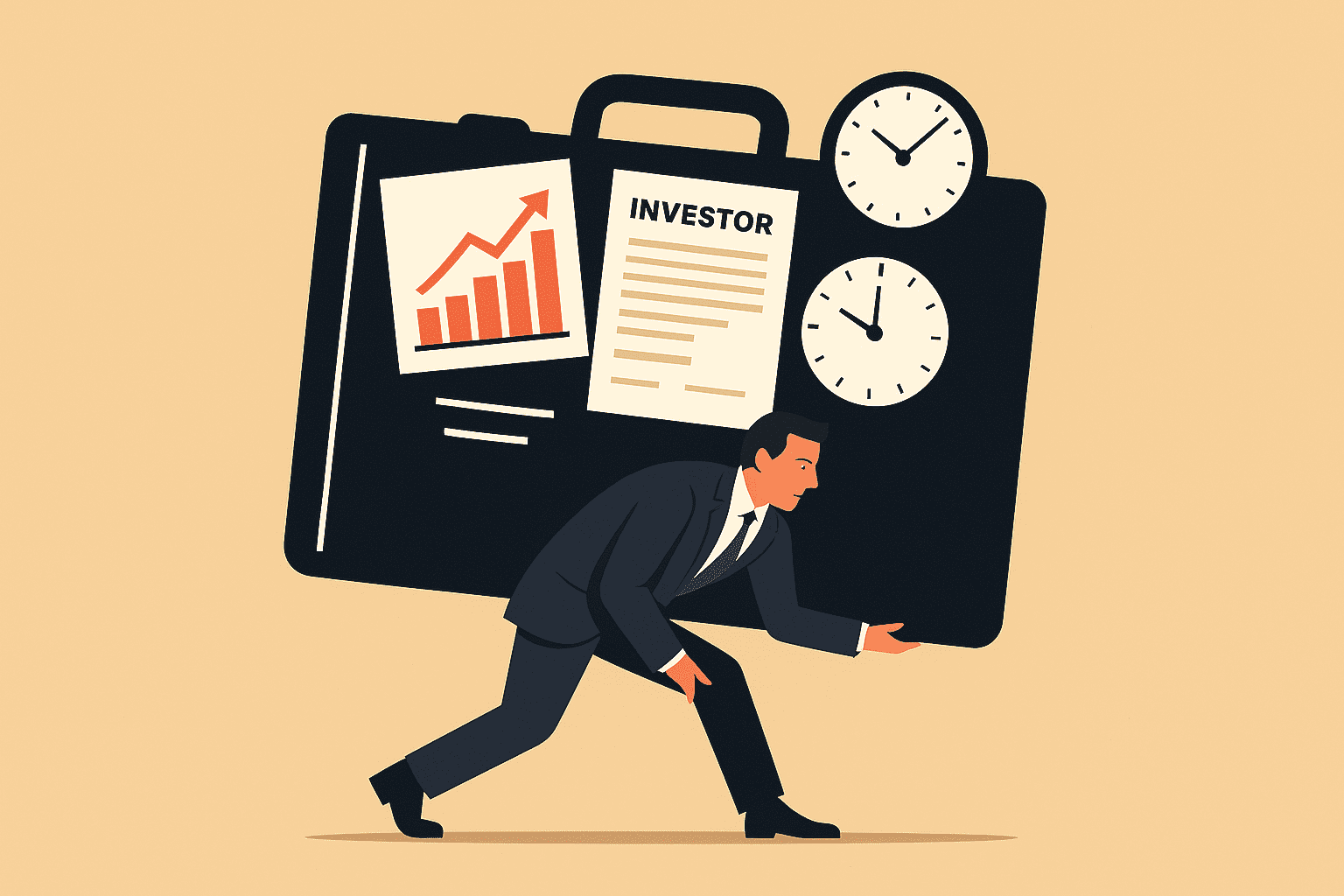Entrepreneurship is often portrayed as a glamorous journey: bold pitches, hockey-stick growth, and celebratory exits. Yet behind the headlines lies a quieter reality. Founders carry doubts, fears, and frustrations they rarely voice especially in front of investors, employees, or customers. From constant financial pressure to the loneliness of leadership, there are thoughts nearly every founder has but keeps buried. Understanding these unspoken truths doesn’t weaken the entrepreneurial narrative, it makes it more human, and equips leaders to navigate with greater clarity.

“I’m Afraid This Will Fail”
Despite their confident exterior, many founders secretly wrestle with fear of failure. A 2023 Startup Genome survey found that over 70% of entrepreneurs admitted to fearing their venture could collapse within two years, even while publicly projecting optimism.
Failure anxiety is not weakness; it is a natural response to high risk. However, unspoken fear can paralyze decision-making. Founders who normalize conversations around failure, like those in Silicon Valley’s “Fail Fast” culture, transform anxiety into experimentation, making pivots faster and smarter.
“I Don’t Always Know What I’m Doing”
The myth of the all-knowing founder is deeply ingrained in startup culture. In reality, many leaders learn on the job, facing challenges from fundraising to hiring in industries they barely knew months earlier.
Shopify’s Tobias Lütke admitted in early interviews: “I was a programmer who suddenly became a CEO, with no idea what that really meant.” This vulnerability is common but rarely spoken. By acknowledging uncertainty, founders can seek mentorship and build stronger advisory networks, rather than pretending to have all the answers.
“The Pressure from Investors Is Crushing”
Venture capital often fuels growth, but it also comes with relentless expectations. Founders privately confess that board meetings can feel like interrogation rooms. When metrics dip, even temporarily, investors may push for pivots, layoffs, or aggressive growth strategies that conflict with the founder’s vision.
According to PitchBook (2022), over 60% of VC-backed founders report tension with investors over growth versus sustainability. Yet few dare to say this publicly, fearing it may damage future funding prospects.
“I’m Lonely at the Top”
Leadership often isolates. Founders can’t fully confide in their teams, and family members may not grasp the constant pressure. A Harvard Business Review study revealed that half of CEOs report feeling lonely, with nearly 70% believing it impacts their performance.
This silence fuels burnout. Companies like Founders’ Network and YPO (Young Presidents’ Organization) have grown precisely because they give leaders a safe space to share what they don’t say publicly.
“Growth Is Breaking Us”
Ironically, success can be as stressful as failure. Hypergrowth often stretches resources, culture, and personal bandwidth. Founders quietly worry about losing the scrappy spirit that defined their company’s DNA.
Consider Uber’s early years, where aggressive scaling created internal crises around culture, compliance, and leadership. Few founders will openly admit that growth feels unsustainable but acknowledging it early can help in building scalable systems and resilient teams.
“I Wonder If It’s Worth It”
Behind closed doors, many founders ask themselves whether the sacrifices—missed family moments, mental health struggles, personal financial risk are worth the journey. Burnout is widespread: a 2022 report by Startup Snapshot found founders are twice as likely as the general population to experience depression.
Yet publicly, founders are expected to embody unwavering passion. This tension highlights the need for healthier startup ecosystems that encourage balance rather than glorify exhaustion.

What Founders Can Do Differently
Acknowledging the unspoken is the first step toward resilience. Practical strategies include:
- Build peer communities: Safe spaces reduce isolation.
- Set boundaries early: Avoid glorifying burnout as commitment.
- Balance transparency: Share struggles selectively with trusted investors and advisors.
- Redefine success: Beyond valuations, measure impact, culture, and personal fulfillment.
By voicing what has long been unsaid, founders not only safeguard their well-being but also model healthier leadership for the next generation of entrepreneurs.
Conclusion: The Power of Saying It Out Loud
Every founder carries thoughts they dare not speak fear, doubt, loneliness, pressure. Yet silence can magnify the burden. The most resilient leaders are those who learn to navigate both the external expectations of growth and the internal realities of human struggle.
What entrepreneurs rarely say out loud may be exactly what future founders need to hear.






